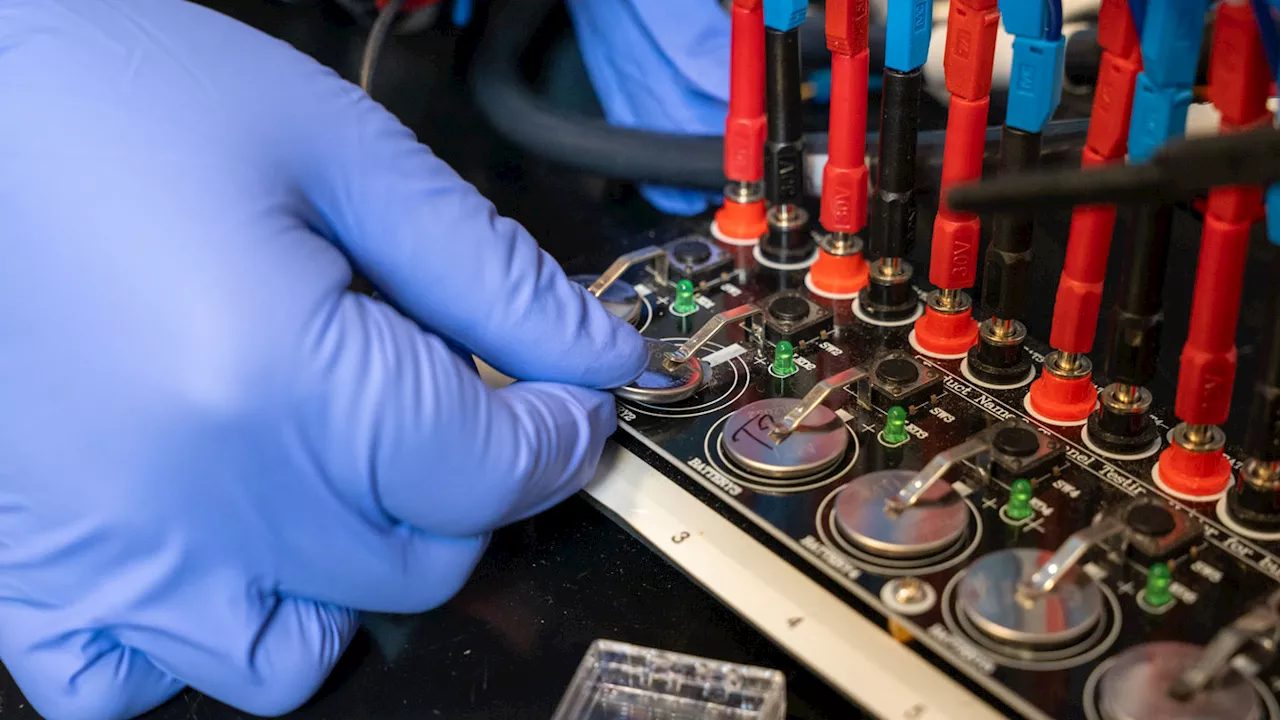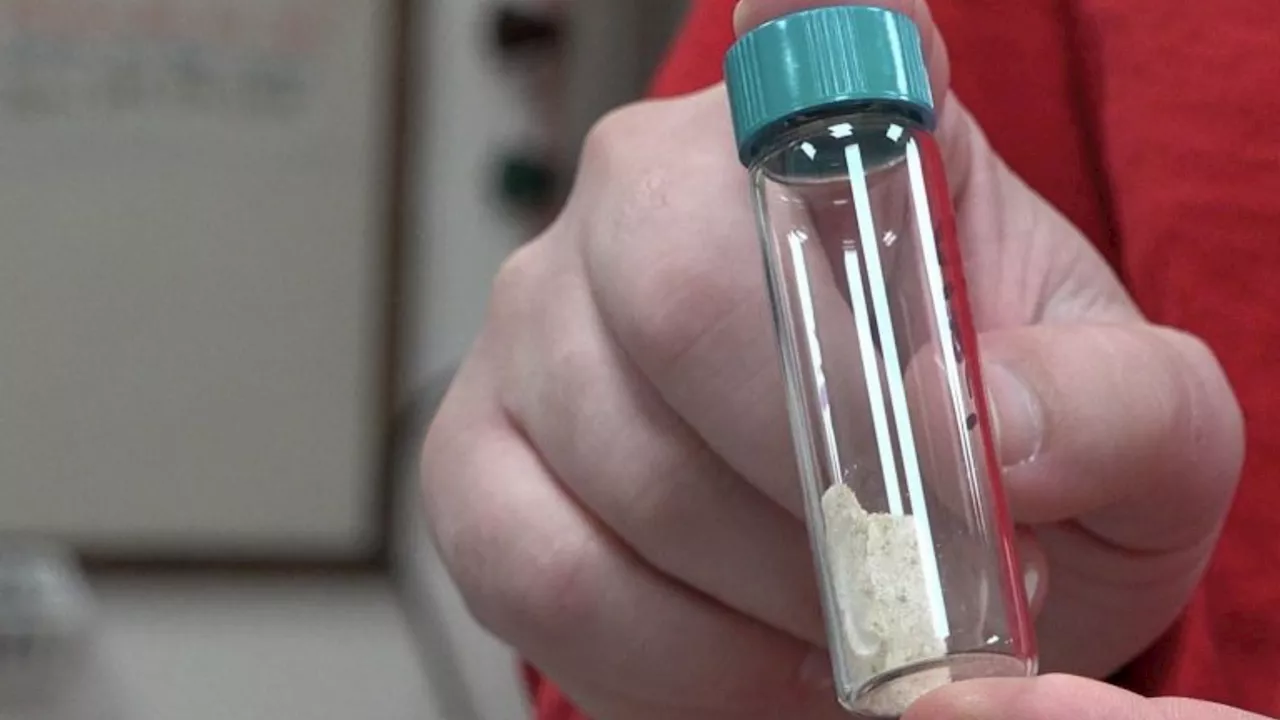WHOI researchers discovered that foamed CDA, a bioplastic, degrades 15 times faster in seawater, making it the fastest degrading plastic in marine environments.
The study involved monitoring both cellulose diacetate foam and solid cellulose diacetate in a tank of continuously flowing seawater from Martha’s Vineyard Sound, in a specially designed lab at WHOI.Researchers have been investigating the biodegradation of plastics in the ocean for years, seeking to uncover which types break down the fastest. As millions of tons of plastic continue to enter our oceans each year, understanding the biodegradability of different plastics has become critical.
They have found that cellulose diacetate , a bioplastic in use for over 100 years, degrades faster in marine environments than any other known plastic. Even more exciting, the team has figured out how to accelerate the process.derived from cellulose, a natural polymer found in plant cell walls, most notably in cotton and wood pulp. Since its development in the late 1800s, CDA has found its way into a wide range of products, from sunglasses and cigarette filters to photography film.
“It’s a great success story in a field that often focuses on the negative aspects of plastic pollution rather than working towards solutions to the problem,” WardThe research team conducted a 36-week test where CDA foam was placed in tanks filled with continually flowing seawater. The results were striking—65-70% of the material’s original mass was lost, indicating rapid biodegradation.
A side-by-side microscopic image of cellulose diacetate foam before and after 36 weeks in seawater. The team found that cellulose diacetate foams lost 65-70% of their original mass. , polylactic acid , polypropylene , and paper.
Ocean Plastic Pollution Plastic Waste
United States Latest News, United States Headlines
Similar News:You can also read news stories similar to this one that we have collected from other news sources.
 Astronauts Should Eat Space Rocks on the Way to Mars, Scientists ProposeScience and Technology News and Videos
Astronauts Should Eat Space Rocks on the Way to Mars, Scientists ProposeScience and Technology News and Videos
Read more »
 Scientists may have an explanation for why some batteries don't lastA long-standing idea of why lithium ion batteries die focuses on lithium movement into the cathode. Instead, hydrogen may be to blame.
Scientists may have an explanation for why some batteries don't lastA long-standing idea of why lithium ion batteries die focuses on lithium movement into the cathode. Instead, hydrogen may be to blame.
Read more »
 Nobel Prize in medicine honors 2 scientists for their discovery of microRNATwo scientists have won the Nobel Prize in physiology or medicine for their discovery of microRNA, tiny bits of genetic material that serve as on and off switches inside cells that help control what the cells do and when they do it
Nobel Prize in medicine honors 2 scientists for their discovery of microRNATwo scientists have won the Nobel Prize in physiology or medicine for their discovery of microRNA, tiny bits of genetic material that serve as on and off switches inside cells that help control what the cells do and when they do it
Read more »
 Van Gogh's 'Starry Night' held a secret — and scientists just discovered the 'hidden turbulence'He really did gogh the extra mile.
Van Gogh's 'Starry Night' held a secret — and scientists just discovered the 'hidden turbulence'He really did gogh the extra mile.
Read more »
 ‘Skyquake’ is a mysterious phenomenon that’s leaving scientists baffledScientists continue to scratch their heads at the origins of mysterious 'skyquakes' that rip through the sky, leaving many puzzled.
‘Skyquake’ is a mysterious phenomenon that’s leaving scientists baffledScientists continue to scratch their heads at the origins of mysterious 'skyquakes' that rip through the sky, leaving many puzzled.
Read more »
 Scientists Find Caffeinated Coffee and Tea May Reduce Risk of Stroke, Heart Attack, and MoreA healthy heart is essential to a healthy life. These tips will help you improve your cardiovascular health.
Scientists Find Caffeinated Coffee and Tea May Reduce Risk of Stroke, Heart Attack, and MoreA healthy heart is essential to a healthy life. These tips will help you improve your cardiovascular health.
Read more »
